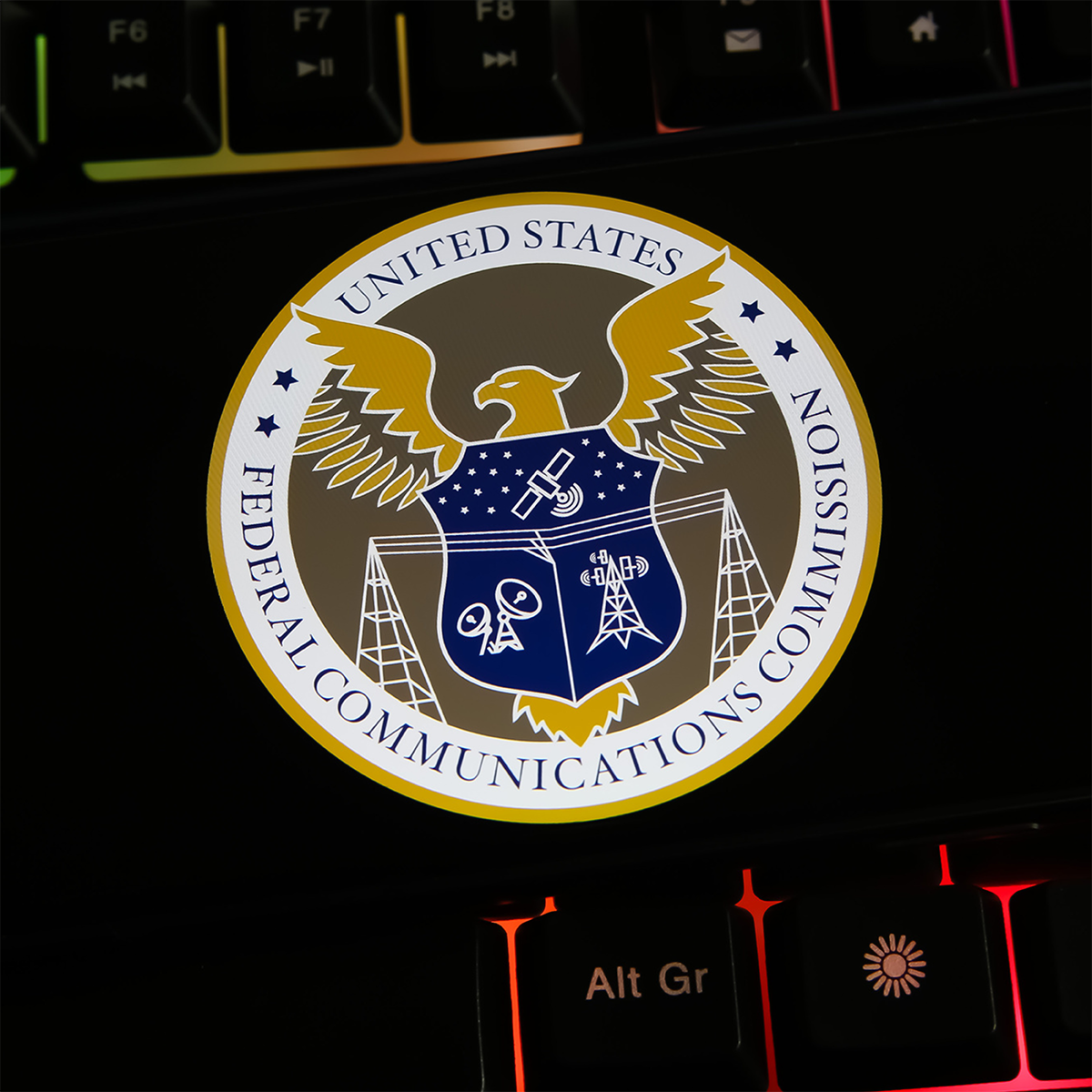
FCC Shortens STIR/SHAKEN Implementation Time for Some Small Voice Providers

The FCC has accelerated the deadline for those small voice service providers it suspects are the likely source of illegal robocalls to implement the STIR/SHAKEN caller ID authentication framework. The FCC now will require non-facilities-based providers to implement STIR/SHAKEN by June 30, 2022, in the IP portions of their networks. A voice service provider is considered “non-facilities based” if it offers voice service to end users solely using connections that are not sold by the provider or its affiliates.
The STIR/SHAKEN deadline for facilities-based small voice service providers with 100,000 or fewer subscriber lines remains June 30, 2023, unless the FCC’s Enforcement Bureau suspects them of originating illegal robocalls.
Non-facilities-based Providers
In addition to preparing for the new deadline, non-facilities-based small voice service providers also must update the Robocall Mitigation Database (RMD) within 10 business days of the effective date of the Order to indicate they are no longer subject to the two-year deadline extension. The Order becomes effective 30 days after publication in the Federal Register.
The Wireline Competition Bureau will send notices to non-facilities-based small providers that have not updated their filings in the Robocall Mitigation Database and implemented STIR/SHAKEN by the appropriate deadline. Carriers that receive the notice but do not comply will be referred to the Enforcement Bureau, which may pursue enforcement actions.
Facilities-based Providers
The FCC also will be changing the implementation deadline for facilities-based small providers it suspects of originating illegal robocalls on their networks. The FCC’s Enforcement Bureau will notify voice service providers suspected of originating illegal robocalls and require them to implement STIR/SHAKEN if they fail to:
- Mitigate suspected illegal robocall traffic,
- Provide information requested by the Enforcement Bureau in a timely manner,
- Prove that they are not originating such traffic, and
- Take specific steps to mitigate the future origination of suspected illegal robocalls.
If found to be originating illegal robocalls, the Enforcement Bureau will require those voice service providers to implement STIR/SHAKEN within 90 days. Those providers also will be required to indicate in the Robocall Mitigation Database within 10 days that they are subject to the new deadline and update the RMD once they have implemented STIR/SHAKEN.
If you have questions about these new deadlines or anything related to STIR/SHAKEN, you can contact Bridget Alexander White by clicking the button below.
Numbering & Porting Essentials Service
Clients interested in educating their staff on the cavalcade of numbering, porting and robocall mitigation requirements all service providers will face in 2022 should consider subscribing to JSI’s Numbering & Porting Essentials service. The subscription includes breaking news alerts, a free webinar and web-based education sessions designed to keep companies informed about important numbering, porting and robocall mitigation decisions that will impact their internal operations and customers.




